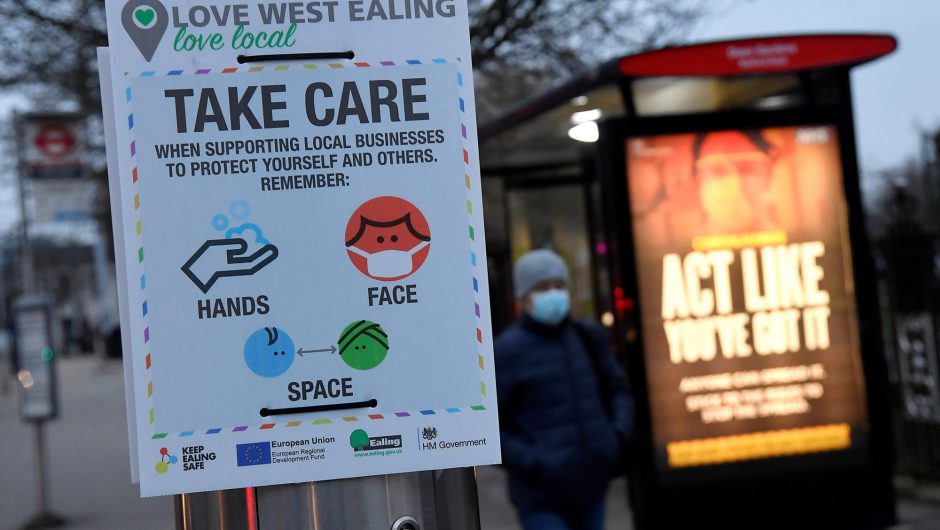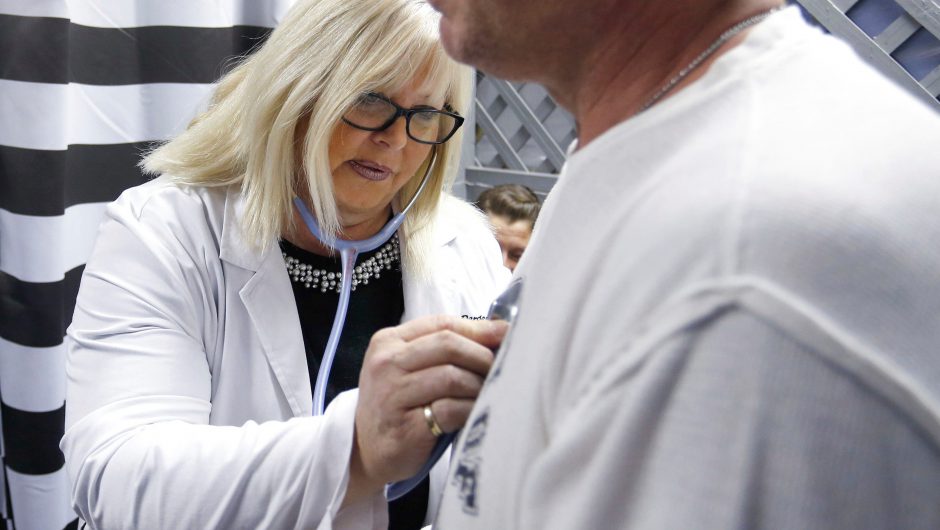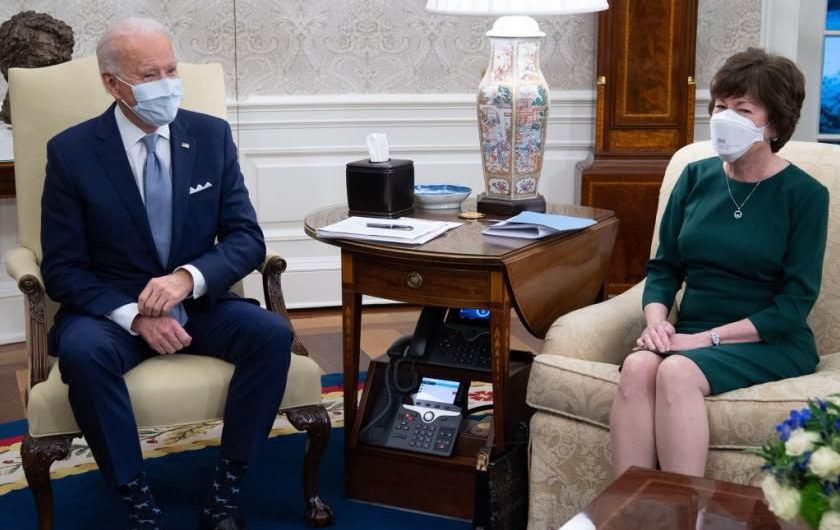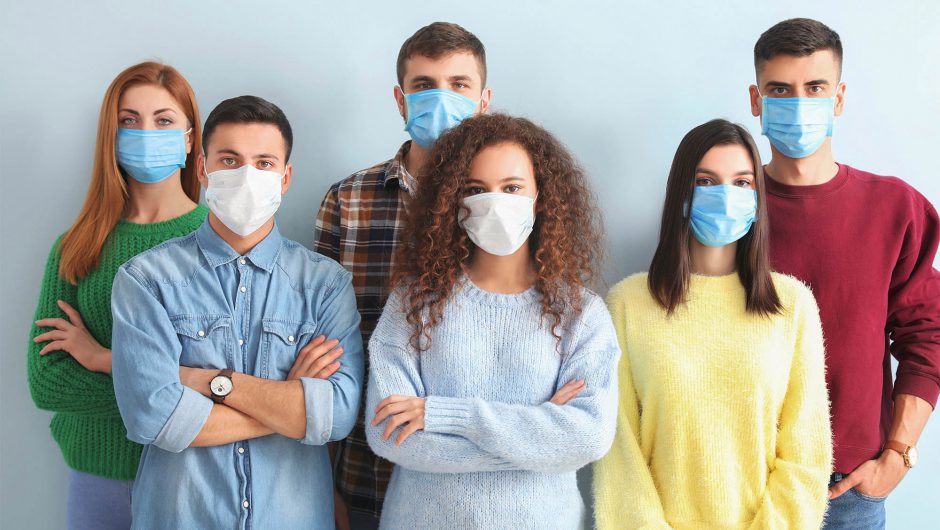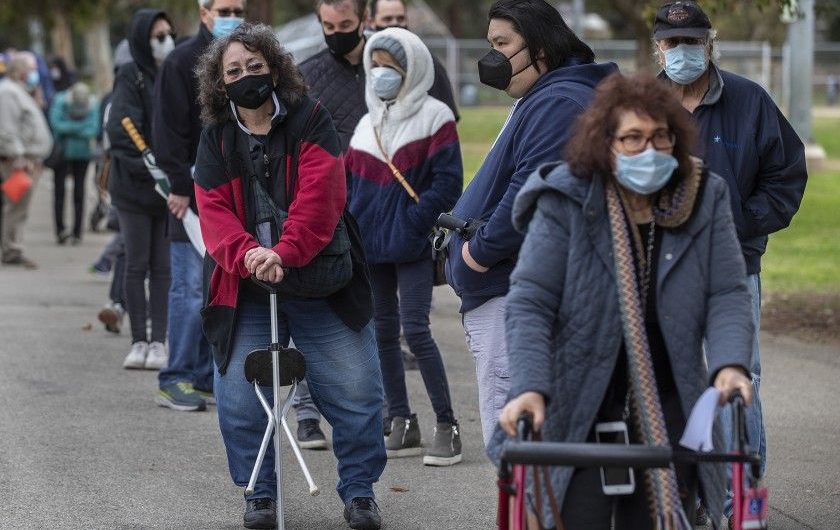A health care worker carries a stack of clipboards at a COVID-19 testing site sponsored by Community Heath of South Florida at the Martin Luther King, Jr. Clinica Campesina Health Center, during the coronavirus pandemic, Monday, July 6, 2020, in Homestead, Florida.
AP Photo/Lynne Sladky
Health officials in Florida say that of the 54,022 kids who have been tested for COVID-19, 16,797 — or roughly 31% — have tested positive.
The average positivity rate for COVID-19 among all ages in Florida is about 11%.
Infectious disease specialists say the number of children who have tested positive is inarguably high, but it’s still not clear whether children easily spread the disease.
Visit Insider’s homepage for more stories.
Nearly a third of children tested for COVID-19 in Florida have tested positive for the virus, according to data from the Florida Department of Health, raising new concerns about how children spread the disease.
According to data through July 9 released by health officials this week, 54,022 people under 18 years old have been tested for COVID-19 in Florida. State data shows that 16,797 kids — or roughly 31% — tested positive.
Florida has tested more than 2.8 million people for COVID-19 in total, and state data shows that the average positivity rate among all ages is about 11%.
Related: 6 months of coronavirus in the USA, reviewed in 6 minutes
Infectious disease experts told Insider that the number of children who have tested positive for the coronavirus in Florida is inarguably high compared to what’s been reported in other areas of the country. A hospital system in Charlotte, North Carolina, for example, reported a 13% positive rate in children tested by their system in early July, which at the time was around the same as the region’s overall positive test rate.
The Florida figures complicate research whether children are, in fact, less susceptible to contracting the virus, which had been previously posited in numerous studies across several countries.
“That’s a really high number,” Dr. William Schaffner, professor of preventive medicine and Vanderbilt University School of Medicine, told Insider. “It’s a concern that translates into curiosity. We need an elaborate understanding of what that number means.”
Story continues
The data, on its face, is incomplete. It’s unclear whether only high-risk children with symptoms were tested, or if the figure also includes children with no known exposure who were tested, for example, to gain admittance to camp or another organized program.
Florida Gov. Ron DeSantis.
Associated Press
Florida is dealing with one of the worst coronavirus outbreaks in the country. On Sunday, it set a new one-day record high for new cases, at 15,299. The state hit a one-day record high for COVID-19-related deaths on Thursday, with 156 people dying, and has 327,241 cases overall.
The Florida Department of Health didn’t immediately respond to requests for comment.
A major question mark at this time — with regard to children and the coronavirus — is whether or not young people who have COVID-19 spread the disease with ease. It’s a pressing concern as states decide if — and how — to safely reopen schools in the fall.
“How penetrate is this virus is in our hot spots to our children?” Dr. Schaffner said. “This is something we don’t know yet. We don’t have a good handle on this.”
Florida Gov. Ron DeSantis has pushed for schools to reopen in the fall in recent weeks. On Wednesday, he told Florida education leaders that data suggested children are at lower risk of COVID-19 than older people. As evidence, he said many day cares have remained open during the pandemic.
“We’re in the midst of a coronavirus pandemic, but we’re also in a situation where we need to provide as many options to parents as possible in terms of the education of the kids,” DeSantis said, according to WPTV.
Dr. Alina Alonso, Palm Beach County’s health department director, countered DeSantis’ claims in a meeting with county commissioners this week. She said health officials are wary since they don’t yet know if COVID-19 leads to long-term effects in children, according to the South Florida Sun-Sentinel.
“They are seeing there is damage to the lungs in these asymptomatic children. … We don’t know how that is going to manifest a year from now or two years from now,” Alonso said. “Is that child going to have chronic pulmonary problems or not?”
Read the original article on Insider



